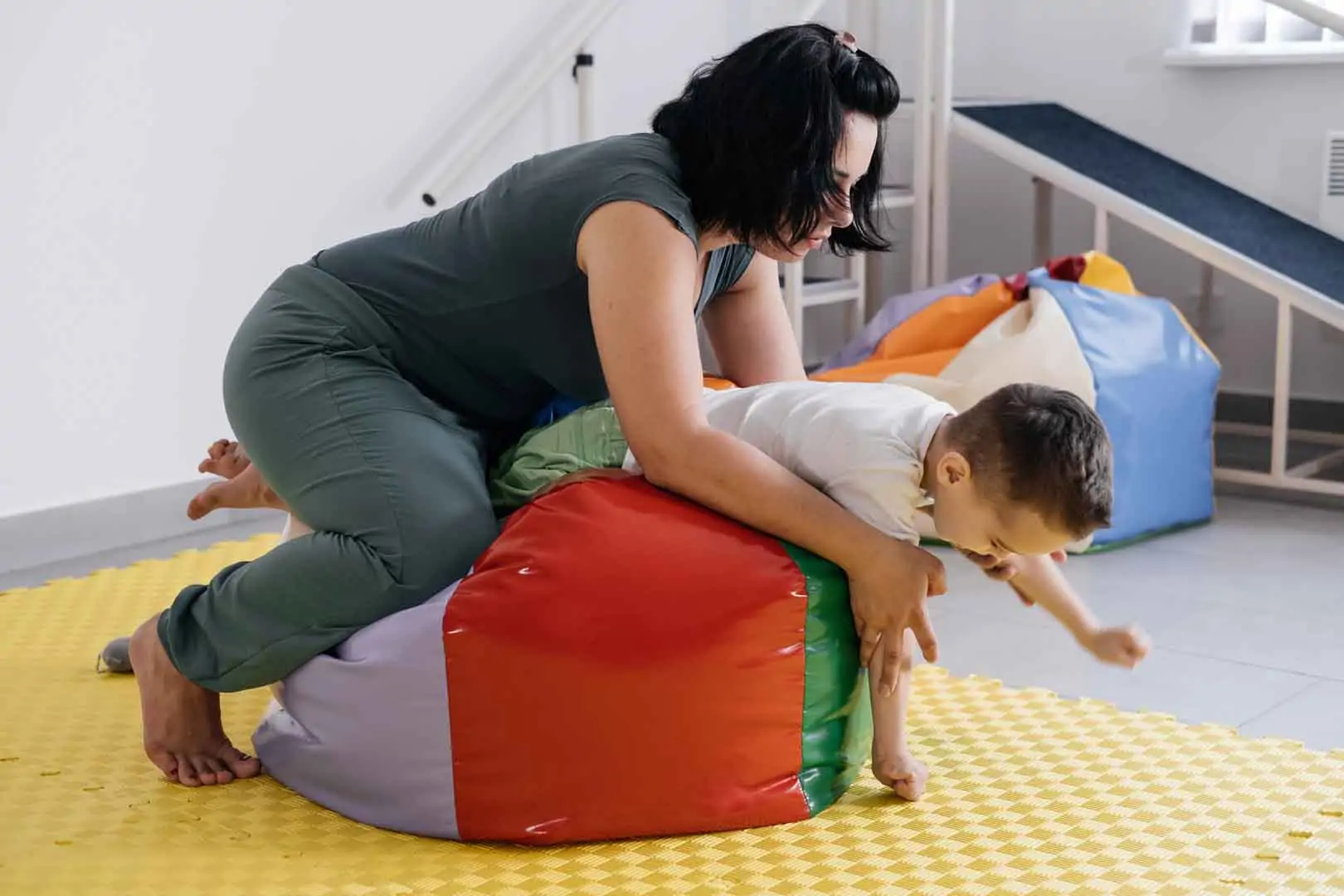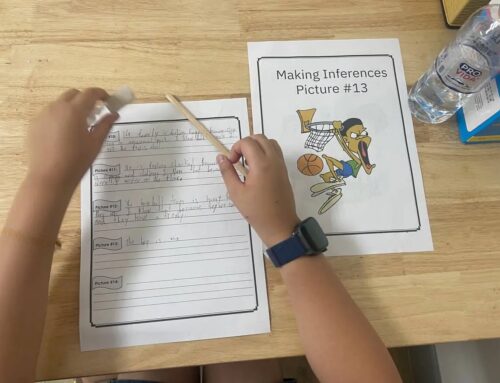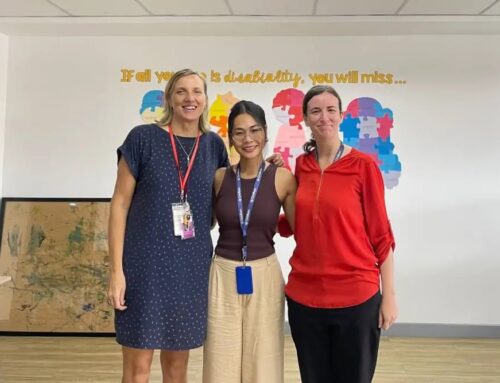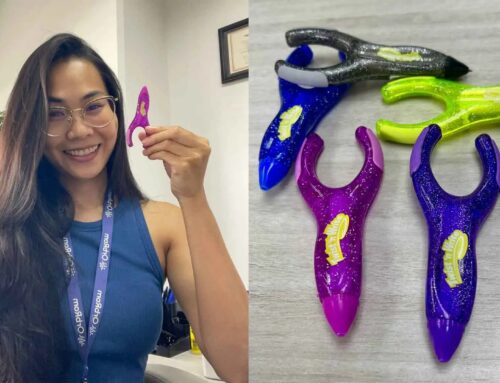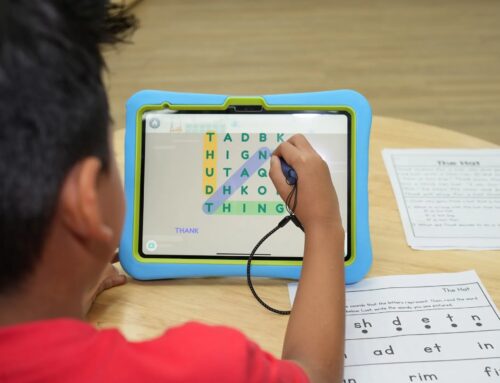[ad_1]
World Cerebral Palsy Day is a global reminder to champion inclusion, access, and evidence-based support for children with CP. For families in Phnom Penh, it’s also a useful checkpoint: Are we tracking strengths and challenges, using the right strategies at home and school, and getting timely services that actually move the needle?
World Cerebral Palsy Day: What It Means for Your Child
On World Cerebral Palsy Day, we highlight realistic goals—better posture, easier self-care, clearer communication, and fuller participation in play and learning. Progress looks different for every child, but consistent routines, targeted therapy, and collaborative school plans make a measurable difference. If you’re new to CP, start by learning the basics and common support needs (see our overview of cerebral palsy and tips to support students with cerebral palsy).
Small Changes, Big Wins
-
Optimize daily routines. Break tasks into short, repeatable steps. Use visual cues and stable seating so your child can focus on the goal—not the wobble.
-
Build functional strength through play. Reaching for toys on different surfaces, carrying light objects, or doing short “movement breaks” throughout the day boosts endurance and motor planning.
-
Support regulation. Calm bodies learn better. Tools like weighted items and quiet corners in class or at home—plus access to a well-designed sensory room—can reduce overload and improve attention (learn why sensory rooms help: benefits of sensory room).
-
Plan for inclusion. Work with teachers to adapt materials and layouts so participation is the default, not the exception (read more on inclusive education).
-
Act early, review often. The earlier you identify needs, the more options you have—start with a clear plan and refresh it every term (importance of early intervention).
How OrbRom Center Helps
At OrbRom Center, our team focuses on practical, everyday skills that matter at home and school.
-
Occupational Therapy (OT). OT targets fine-motor skills, seating and access, self-care, sensory regulation, and classroom participation. Sessions are individualized and goal-driven, with home practice built in. Learn more about our Occupational Therapy services.
-
Assessments. When you need clarity on current abilities and next steps, a structured assessment maps strengths, barriers, and priorities for your child’s ILP—helpful for coordination with schools in Phnom Penh. Explore Assessments.
If you’re building a support plan this term, start with a focused review of routines, motor access, and sensory needs—and ensure goals are specific and trackable. For background reading on therapy approaches and the OT role, see What is Occupational Therapy?.
Final Word for World Cerebral Palsy Day
World Cerebral Palsy Day is about action: practical adaptations, consistent therapy, and community support. Families in Phnom Penh don’t have to navigate this alone—OrbRom Center is here to partner with you, set clear goals, and celebrate progress one step at a time.
Internal Resources for Further Reading (helpful picks):
Support Students with Cerebral Palsy · Cerebral Palsy · Benefits of Sensory Room · Inclusive Education · Importance of Early Intervention
[ad_2]
Source link
